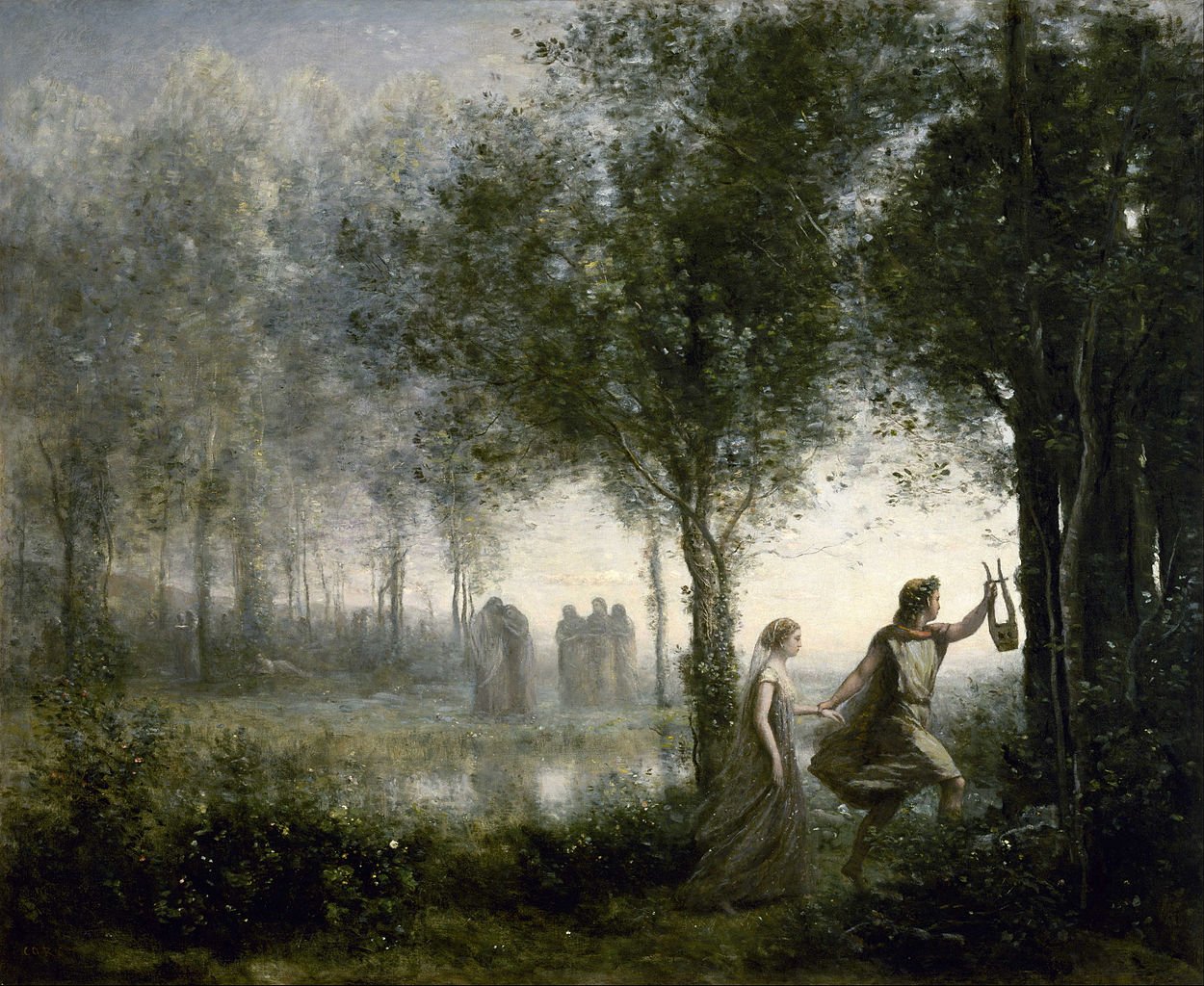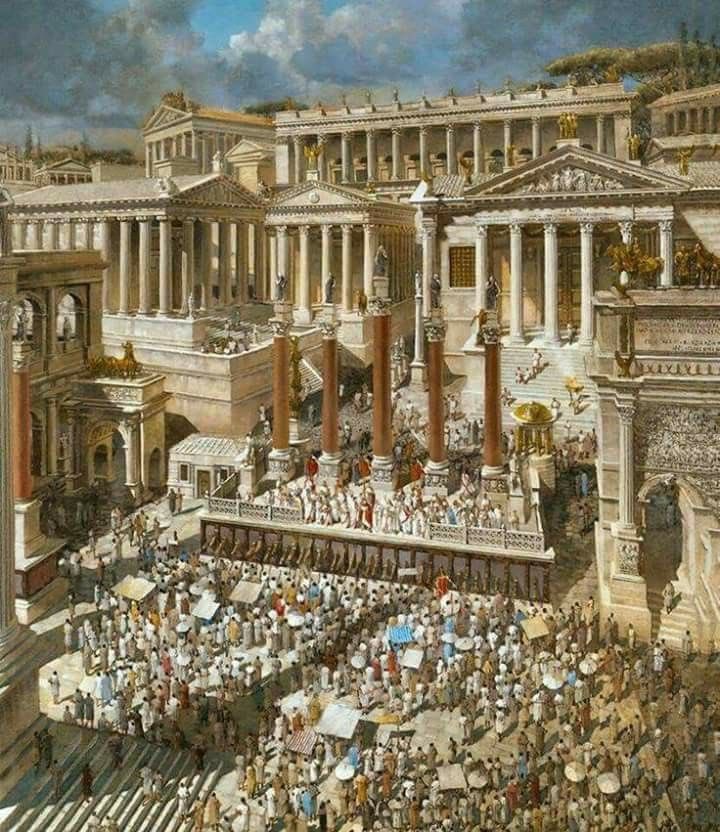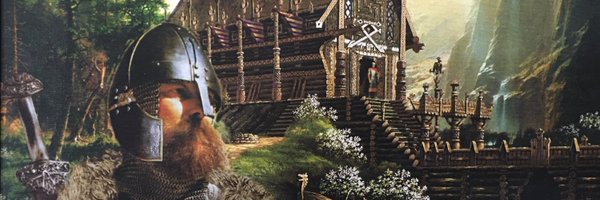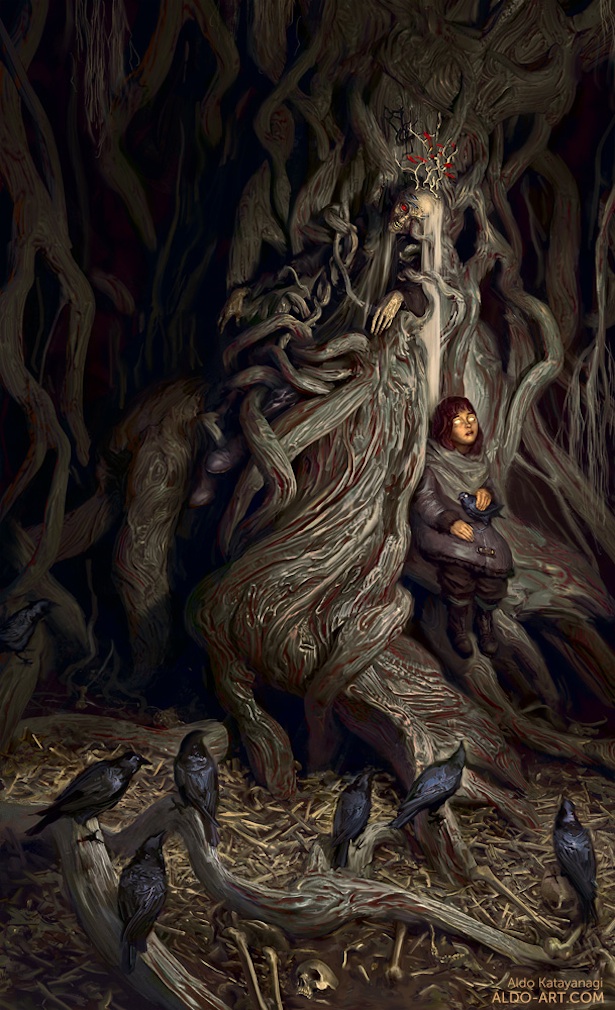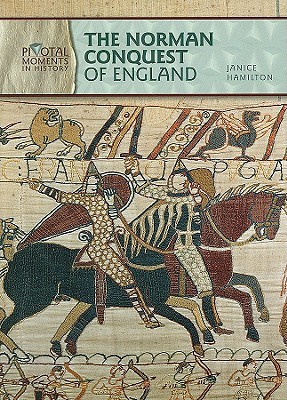(Madison Grant’s introduction)
 Without attempting a scientific classification of the inhabitants of Eurasia, it is sufficient to describe the three main races. The first are the yellow-skinned, straight black-haired, black-eyed, round-skulled Mongols and Mongoloids massed in central and eastern Asia north of the Himalayan system.
Without attempting a scientific classification of the inhabitants of Eurasia, it is sufficient to describe the three main races. The first are the yellow-skinned, straight black-haired, black-eyed, round-skulled Mongols and Mongoloids massed in central and eastern Asia north of the Himalayan system.
To the west of them, and merged with them, lie the Alpines, also characterized by dark, but not straight, hair, dark eyes, relatively short stature, and round skulls. These Alpines are thrust like a wedge into Europe between the Nordics and the Mediterraneans, with a tip that reaches the Atlantic Ocean. Those of western Europe are derived from one or more very ancient waves of round-skulled invaders from the East, who probably came by way of Asia Minor and the Balkans, but they have been so long in their present homes that they retain little except their brachycephalic skull-shape to connect them with the Asiatic Mongols.
South of the Himalayas and westward in a narrow belt to the Atlantic, and on both sides of the Inland Sea, lies the Mediterranean race, more or less swarthy-skinned, black-haired, dark-eyed, and long-skulled.
On the northwest, grouped around the Baltic and North Seas, lies the great Nordic race. It is characterized by a fair white skin, wavy hair with a range of color from dark brown to flaxen, light eyes, tall stature, and long skulls.
These races show other physical characters which are definite but difficult to describe, such as texture of skin and cast of features, especially of the nose. The contrast of mental and spiritual endowments is equally definite, but even more elusive of definition.
It is with the action and interaction of these three groups, together with internal civil wars, that recorded history deals.
While, so far as we know, these three races have occupied their present relative positions from the beginning, there have been profound changes in their distribution.
The two essential phenomena, however, are, first, the retreat of the Nordic race westward from the Grasslands of western Asia and eastern Europe to the borders of the Atlantic, until it occupies a relatively small area on the periphery of Eurasia.
The second phenomenon is of equal importance, namely, the more or less thorough Nordicizing of the westernmost extensions of the other two races, namely, the Mediterranean on the north coast of the Inland Sea, who have been completely Aryanized in speech, and have been again and again saturated with Nordic blood, and the even more profound Nordicization in speech and in blood of the short, dark, round-skulled inhabitants of central Europe, from Brittany through central France, southern Germany, and northern Italy into Austrian and Balkan lands. So thorough has been this process that the western Alpines have at the present time no separate race consciousness and are to be considered as wholly European.
As to the Alpines of eastern and central Europe, the Slavs, the case is somewhat different. East of a line drawn from the Adriatic to the Baltic the Nordicizing process has been far less perfect, although nearly complete as to speech, since all the Slavic languages are Aryan. Throughout these Slavic lands, great accessions of pure Mongoloid blood have been introduced within relatively recent centuries.
East of this belt of imperfectly Nordicized Alpines we reach the Asiatic Alpines, as yet entirely untouched by western blood or culture. These groups merge into the Mongoloids of eastern Asia.
So we find, thrust westward from the Heartland, a race touching the Atlantic at Brittany, thoroughly Asiatic and Mongoloid in the east, very imperfectly Nordicized in the centre, and thoroughly Nordicized culturally in the far west of Europe, where it has become, and must be accepted as, an integral part of the White World.
As to the great Nordic race, within relatively recent historic times it occupied the Grasslands north of the Black and Caspian Seas eastward to the Himalayas. Traces of Nordic peoples in central Asia are constantly found, and when archæological research there becomes as intensive as in Europe we shall be astonished to find how long, complete, and extended was their occupation of western Asia.
During the second millennium before our era successive waves of Nordics began to cross the Afghan passes into India until finally they imposed their primitive Aryan language upon Hindustan and the countries lying to the east.
All those regions lying northwest of the mountains appear to have been largely a white man’s country at the time of Alexander the Great. In Turkestan the newly discovered Tokharian language, an Aryan tongue of the western division, seems to have persisted down to the ninth century. The decline of the Nordics in these lands, however, began probably far earlier than Alexander’s time, and must have been nearly completed at the beginning of our era. Such blond traits as are still found in western Asia are relatively unimportant, and for the last two thousand years these countries must be regarded as lost to the Nordic race.
The impulse that drove the early Nordics like a fan over the Himalayan passes into India, the later Nordics southward into Mesopotamian lands, as Kassites, Mitanni, and Persians, into Greece and Anatolia as Achæans, Dorians, and Phrygians, westward as the Aryan-speaking invaders of Italy and as the Celtic vanguards of the Nordic race across the Rhine into Gaul, Spain, and Britain, may well have been caused by Mongoloid pressure from the heart of central Asia. Of course, we have no actual knowledge of this, but the analogy to the history of later migrations is strong, and the conviction is growing among historians that the impulse that drove the Hellenic Nordics upon the early Ægean culture world was the same as that which later drove Germanic Nordics into the Roman Empire.
North of the Caspian and Black Seas the boundaries of Europe receded steadily before Asia for nearly a thousand years after our era opened, but we have scant record of the struggles which resulted in the eviction of the Nordics from their homes in Russia, Poland, the Austrian and east German lands.
By the time of Charlemagne the White Man’s world was reduced to Scandinavia, Germany west of the Elbe, the British Isles, the Low Countries, and northern France and Italy, with outlying groups in southern France and Spain. This was the lowest ebb for the Nordics and it was the crowning glory of Charlemagne’s career that he not only turned back the flood, but began the organization of a series of more or less Nordicized marches or barrier states from the Baltic to the Adriatic, which have served as ramparts against Asiatic pressure from his day to ours. West of this line the feudal states of mediæval Europe developed into western Christendom, the nucleus of the civilized world of to-day.
South of the Caspian and Black Seas, after the first swarming of the Nordics over the mountains during the second millennium before Christ, the East pressed steadily against Europe until the strain culminated in the Persian Wars. The defeat of Asia in these wars resulted later in Alexander’s conquest of western Asia to the borders of India.
Alexander’s empire temporarily established Hellenic institutions throughout western Asia and some of the provinces remained superficially Greek until they were incorporated in the Roman Empire and ultimately became part of early Christendom. On the whole, however, from the time of Alexander the elimination of European blood, classic culture, and, finally, of Christianity, went on relentlessly.
By later Roman times the Aryan language of the Persians, Parthians, and people of India together with some shreds of Greek learning were about all the traces of Europe that were to be found east of the oscillating boundary along the Euphrates.
The Roman and Byzantine Empires struggled for centuries to check the advancing tide of Asiatics, but Arab expansions under the impulse of the Mohammedan religion finally tore away all the eastern and southern coasts of the Mediterranean Sea, while from an Arabized Spain they threatened western Europe. With the White Man’s world thus rapidly receding in the south, a series of pure Mongol invasions from central Asia, sweeping north of the Caspian and Black Seas, burst upon central Europe. Attila and his Huns were the first to break through into Nordic lands as far as the plains of northern France. None of the later hordes were able to force their way so far into Nordic territories, but spent their strength upon the Alpines of the Balkans and eastern Europe.
Eastern Germany, the Austrian states, Poland, and Russia had been Nordic lands before the Slavs emerged after the fall of Rome. Whether the occupation of Teutonic lands by the Wends and Slavs in eastern Europe was an infiltration or a conquest is not known, but the conviction is growing that, like other movements which preceded and followed, it was caused by Mongoloid pressure.
That the western Slavs or Wends had been long Nordicized in speech is indicated by the thoroughly Aryan character of the Slavic languages. They found in the lands they occupied an underlying Teutonic population. They cannot be regarded as the original owners of Poland, Bohemia, Silesia, or other Wendish provinces of eastern Germany and Austria. The Teutonic Marcomanni and Quadi were in Bohemia long before the Czechs came in through the Moravian Gate in the sixth century. Pomerania and the Prussias were the home of Teutonic Lombards, Burgunds, Vandals, and Suevi, while the Crimea and the northwestern coast of the Black Sea were long held by the Nordic Goths, who, just before our era, had migrated overland from the Baltic by way of the Vistula.
No doubt some of this Nordic blood remained to ennoble the stock of the later invaders, but by the time of Charlemagne, in the greater part of Europe east of the Elbe, the Aryan language was the only bond with Europe.
When the Frankish Empire turned the tide and Christianized these Wendish and Polish lands, civilization was carried eastward until it met the Byzantine influences which brought to Russia and the lands east of the Carpathians the culture and Orthodox Christianity of the Eastern or Greek Empire.
The nucleus of Russia was organized in the ninth century by Scandinavian Varangians, the Franks of the East, who founded the first civilized state amid a welter of semi-Mongoloid tribes. How much Nordic blood they found in the territories which afterward became Russia we have no means of knowing, but it must have been considerable because we do know that from the Middle Ages to the present time there has been a progressive increase in brachycephaly or broad-headedness, to judge from the rise in the percentage of round skulls found in the cemeteries of Moscow and elsewhere in Russia.
Such was the condition of eastern Europe when a new and terrible series of Mongoloid invasions swept over it, this time directly from the centre of Asia.
The effect of these invasions was so profound and lasting that it may be well to consider briefly the condition of eastern Europe after the elimination of the Nordics and its partial occupation by the so-called Slavs. Beginning with Attila and his Huns, in the fourth century, there was a series of purely Mongoloid tribes entering from Asia in wave after wave.
Similar waves ultimately passed south of the Black and Caspian Seas, and were called Turks, but these were long held back by the power of the Byzantine Empire, to which history has done scant justice.
In the north these invaders, called in the later days Tatars, but all essentially of central Asiatic Mongol stock, occupied Balkan lands after the expansion of the south Slavs in those countries. They are known by various names, but they are all part of the same general movement, although there was a gradual slowing down of the impulse. Prior to Jenghiz Khan the later hordes did not reach quite as far west as the earlier ones.
The first wave, Attila’s Huns, were followed during the succeeding centuries by the Avars, the Bulgars, the Hunagar Magyars, the Patzinaks and the Cumans. All of these tribes forced their way over the Carpathians and the Danube, and much of their blood, notably in that of the Bulgars and Magyars, is still to be found there. Most of them adopted Slavic dialects and merged in the surrounding population, but the Magyars retain their Asiatic speech to this day.
Other Tatar and Mongoloid tribes settled in southern and eastern Russia. Chief among these were the Mongol Chazars, who founded an extensive and powerful empire in southern and southeastern Russia as early as the eighth century. It is interesting to note that they accepted Judaism and became the ancestors of the majority of the Jews of eastern Europe, the round-skulled Ashkenazim.
Into this mixed population of Christianized Slavs and more or less Christianized and Slavized Mongols burst Jenghiz Khan with his great hordes of pure Mongols. All southern Russia, Poland, and Hungary collapsed before them, and in southern Russia the rule of the Mongol persisted for centuries, in fact the Golden Horde of Tatars retained control of the Crimea down to 1783.
Many of these later Tatars had accepted Islam, but entire groups of them have retained their Asiatic speech and to this day profess the Mohammedan religion.
The most lasting result of these Mongol invasions was that southern Poland and all the countries east and north of the Carpathians, including Rumania and the Ukraine, were saturated anew with Tatar blood, and, in dealing with these populations and with the new nations founded among them, this fact must not be forgotten.
The conflict between the East and the West—Europe and Asia—has thus lasted for centuries, in fact it goes back to the Persian Wars and the long and doubtful duel between Rome and Parthia along the eastern boundary of Syria. As we have already said, the Saracens had torn away many of the provinces of the Eastern Empire, and the Crusades, for a moment, had rolled back the East, but the event was not decided until the Seljukian and Osmanli Turks accepted Islam.
If these Turks had remained heathen they might have invaded and conquered Asia Minor and the Balkan States, just as their cousins, the Tartars, had subjected vast territories north of the Black Sea, but they could not have held their conquests permanently unless they had been able to incorporate the beaten natives into their own ranks through the proselytizing power of Islam.
Even in Roman times the Greek world had been steadily losing, first its Nordic blood and then later the blood of its Nordicized European population, and it became in its declining years increasingly Asiatic until the final fall of Constantinople in 1453.
Byzantium once fallen, the Turks advanced unchecked, conquering the Alpine Slav kingdoms of the Balkans and menacing Christendom itself.
In these age-long conflicts between Asia and Europe the Crusades seem but an episode, although tragically wasteful of Nordic stock. The Nordic Frankish nobility of western Europe squandered its blood for two hundred years on the desert sands of Syria and left no ethnic trace behind, save, perhaps, some doubtful blond remnants in northern Syria and Edessa.
If the predictions of Mr. Stoddard’s book seem far-fetched, one has but to consider that four times since the fall of Rome Asia has conquered to the very confines of Nordic Europe. The Nordicized Alpines of eastern Europe and the Nordicized Mediterraneans of southern Europe have proved too feeble to hold back the Asiatic hordes, Mongol or Saracen. It was not until the realms of pure Nordics were reached that the invaders were turned back. This is shown by the fact that the Arabs had quickly mastered northern Africa and conquered Spain, where the Nordic Goths were too few in number to hold them back, while southern France, which was not then, and is not now, a Nordic land, had offered no serious resistance. It was not until the Arabs, in 732, at Tours, dashed themselves to pieces against the solid ranks of heavy-armed Nordics, that Islam receded.
The same fate had already been encountered by Attila and his Huns, who, after dominating Hungary and southern Germany and destroying the Burgundians on the Rhine, had pushed into northern France as far as Châlons. Here, in 376, he was beaten, not by the Romanized Gauls but by the Nordic Visigoths, whose king, Roderick, died on the field. These two victories, one against the Arab south and the other over the Mongoloid east, saved Nordic Europe, which was at that time shrunken to little more than a fringe on the seacoast.
How slender the thread and how easily snapped, had the event of either day turned out otherwise! Never again did Asia push so far west, but the danger was not finally removed until Charlemagne and his successors had organized the Western Empire.
Christendom, however, had sore trials ahead when the successors of Jenghiz Khan destroyed Moscovy and Poland and devastated eastern Europe. The victorious career of the Tatars was unchecked, from the Chinese Sea on the east to the Indian Ocean on the south, until in 1241, at Wahlstatt in Silesia, they encountered pure Nordic fighting men. Then the tide turned. Though outnumbering the Christians five to one and victorious in the battle itself, the Tatars were unable to push farther west and turned south into Hungary and other Alpine lands.
Some conception of the almost unbelievable horrors that western Europe escaped at this time may be gathered from the fate of the countries which fell before the irresistible rush of the Mongols, whose sole discernible motive seems to have been blood lust. The destruction wrought in China, central Asia, and Persia is almost beyond conception. In twelve years, in China and the neighboring states, Jenghiz Khan and his lieutenants slaughtered more than 18,500,000 human beings. After the sack of Merv in Khorasan, the “Garden of Asia,” the corpses numbered 1,300,000, and after Herat was taken 1,600,000 are said to have perished. Similar fates befell every city of importance in central Asia, and to this day those once populous provinces have never recovered. The cities of Russia and Poland were burned, their inhabitants tortured and massacred, with the consequence that progress was retarded for centuries.
Almost in modern times these same Mongoloid invaders, entering by way of Asia Minor, and calling themselves Turks, after destroying the Eastern Empire, the Balkan States, and Hungary, again met the Nordic chivalry of western Europe under the walls of Vienna, in 1683, and again the Asiatics went down in rout.
On these four separate occasions the Nordic race and it alone saved modern civilization. The half-Nordicized lands to the south and to the east collapsed under the invasions.
Unnumbered Nordic tribes, nameless and unsung, have been massacred, or submerged, or driven from their lands. The survivors had been pushed ever westward until their backs were against the Northern Ocean. There the Nordics came to bay—the tide was turned. Few stop to reflect that it was more than sixty years after the first American legislature sat at Jamestown, Virginia, that Asia finally abandoned the conquest of Europe.
One of the chief results of forcing the Nordic race back to the seacoast was the creation of maritime power and its development to a degree never before known even in the days of the Phœnicians and Carthaginians. With the recession of the Turkish flood, modern Europe emerges and inaugurates a counter-attack on Asia which has placed virtually the entire world under European domination.
 It is this same exoteric aspect, in particular the enormous importance it gave to all ‘human souls’, that compels Adolf Hitler to see in Christianity the ‘prefiguration of Bolshevism’: the ‘mobilisation, by the Jew, of the mass of slaves to undermine society’, the egalitarian and anthropocentric doctrine, anti-racist to the highest degree, capable of winning over the countless uprooted of Rome and the Romanised Near East. It is this doctrine that Hitler attacks in all his criticisms of the Christian religion, in particular in the comparison he constantly makes between the Jew Saul of Tarsus, the St. Paul of the Churches, and the Jew Mardoccai, alias Karl Marx.
It is this same exoteric aspect, in particular the enormous importance it gave to all ‘human souls’, that compels Adolf Hitler to see in Christianity the ‘prefiguration of Bolshevism’: the ‘mobilisation, by the Jew, of the mass of slaves to undermine society’, the egalitarian and anthropocentric doctrine, anti-racist to the highest degree, capable of winning over the countless uprooted of Rome and the Romanised Near East. It is this doctrine that Hitler attacks in all his criticisms of the Christian religion, in particular in the comparison he constantly makes between the Jew Saul of Tarsus, the St. Paul of the Churches, and the Jew Mardoccai, alias Karl Marx.